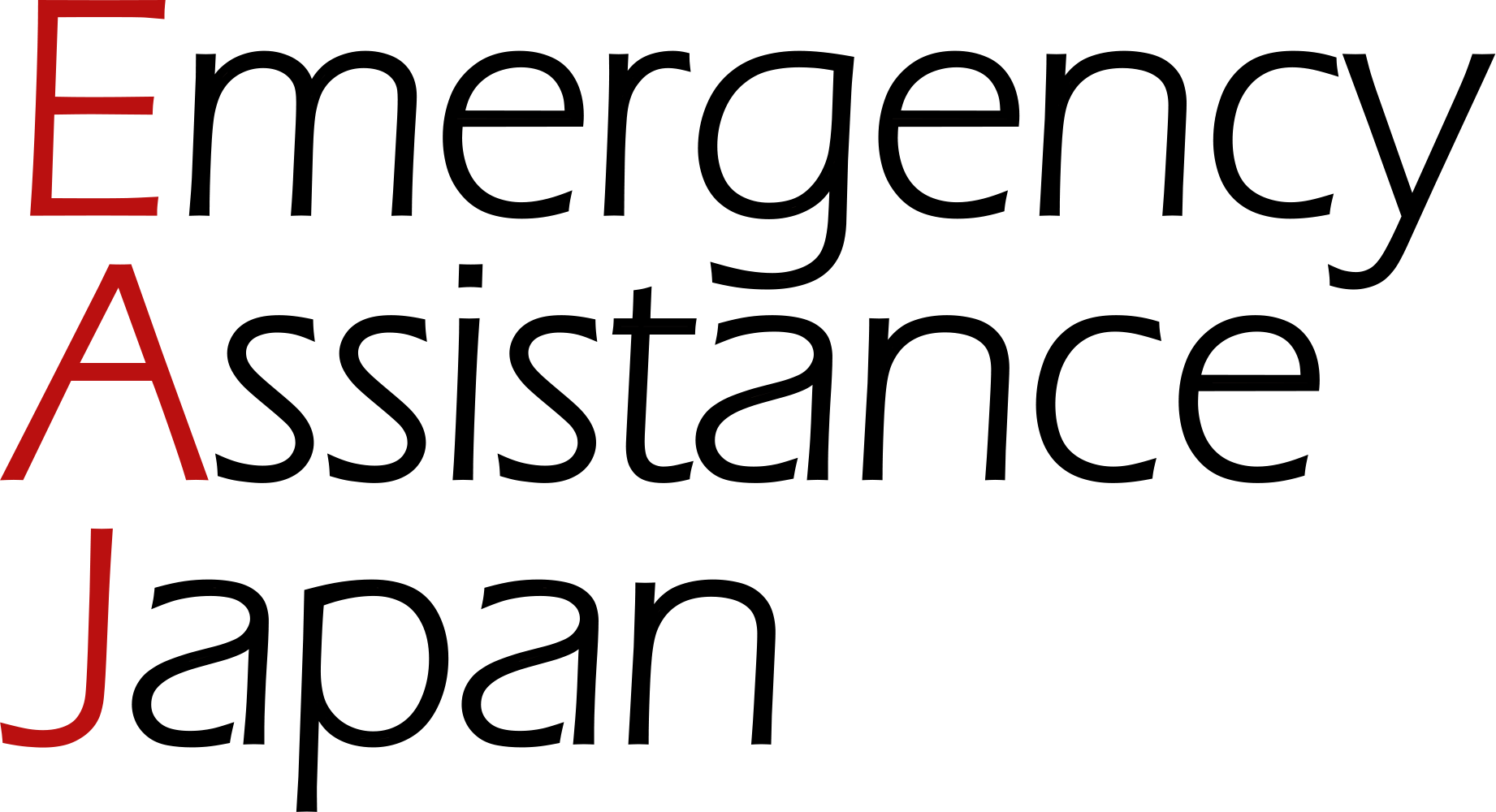Gastrointestinal cancer(Stomach cancer)
- HOME
- Cancer(View by Body Part)
- Gastrointestinal cancer(Stomach cancer)
- What is stomach cancer?
What is stomach cancer?
23.09.30
It is a type of cancer that develops in the lining of the stomach. Early detection and treatment are important because gastric cancer generally does not show symptoms in its early stages, and symptoms often become apparent only after the disease has progressed.
Various factors contribute to the development of gastric cancer, but the main risk factors include Helicobacter pylori infection, smoking, high-salt diet, genetic factors, gastritis, gastric ulcers, and gastric polyps.
Early gastric cancer usually causes few symptoms, but as the disease progresses, symptoms such as discomfort, pain, indigestion, bloating in the stomach, loss of appetite, weight loss, hematemesis, and black stools (bloody stools) may occur. Endoscopy (gastric endoscopy), barium test, ultrasound, CT scan, blood test, and biopsy (collection of tissue samples) are used to diagnose gastric cancer, but endoscopy is the most reliable diagnostic method, allowing direct observation of abnormal tissue and biopsy.
Example of proposed treatment for gastric cancer
Surgery:
In the early stages of gastric cancer, surgery may be performed to remove part or the entire stomach. In recent years, minimally invasive surgery using an endoscope has become an option.
Radiation Therapy:
Radiation therapy is used to destroy cancer cells and may be administered before or after surgery. Chemotherapy: Chemotherapy uses anticancer drugs to attack cancer cells and inhibit cancer growth. It is sometimes combined with radiation therapy. It also includes the use of immune checkpoint inhibitors.
